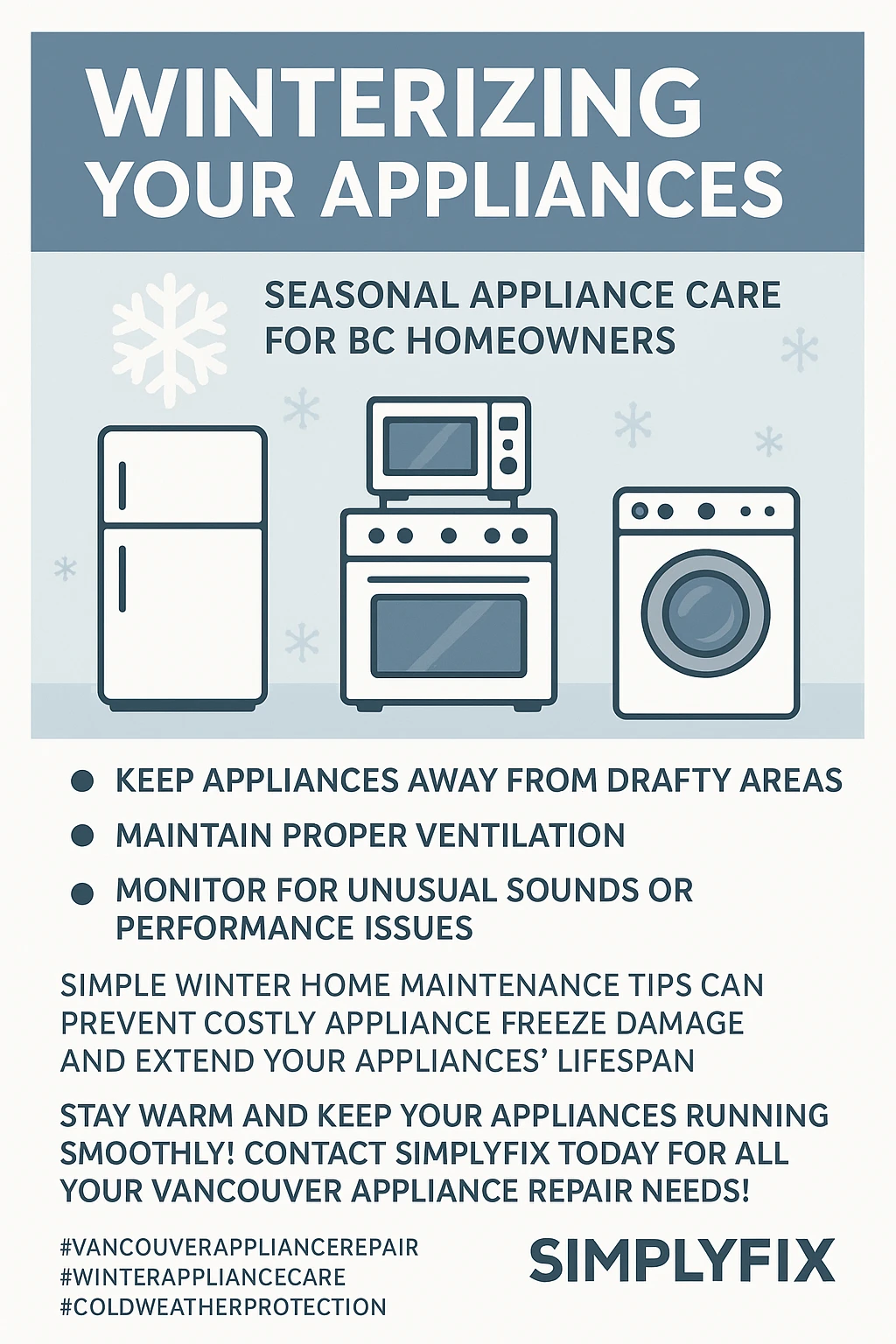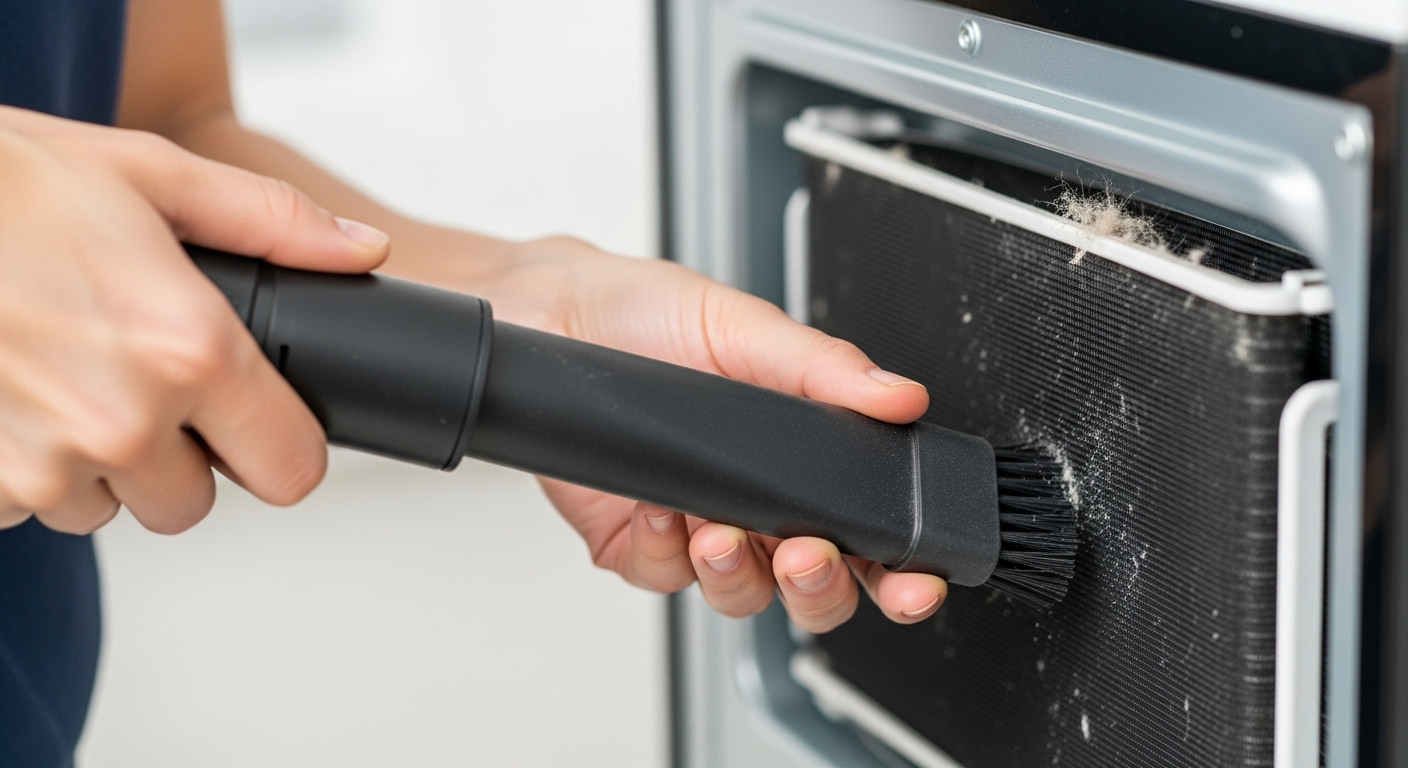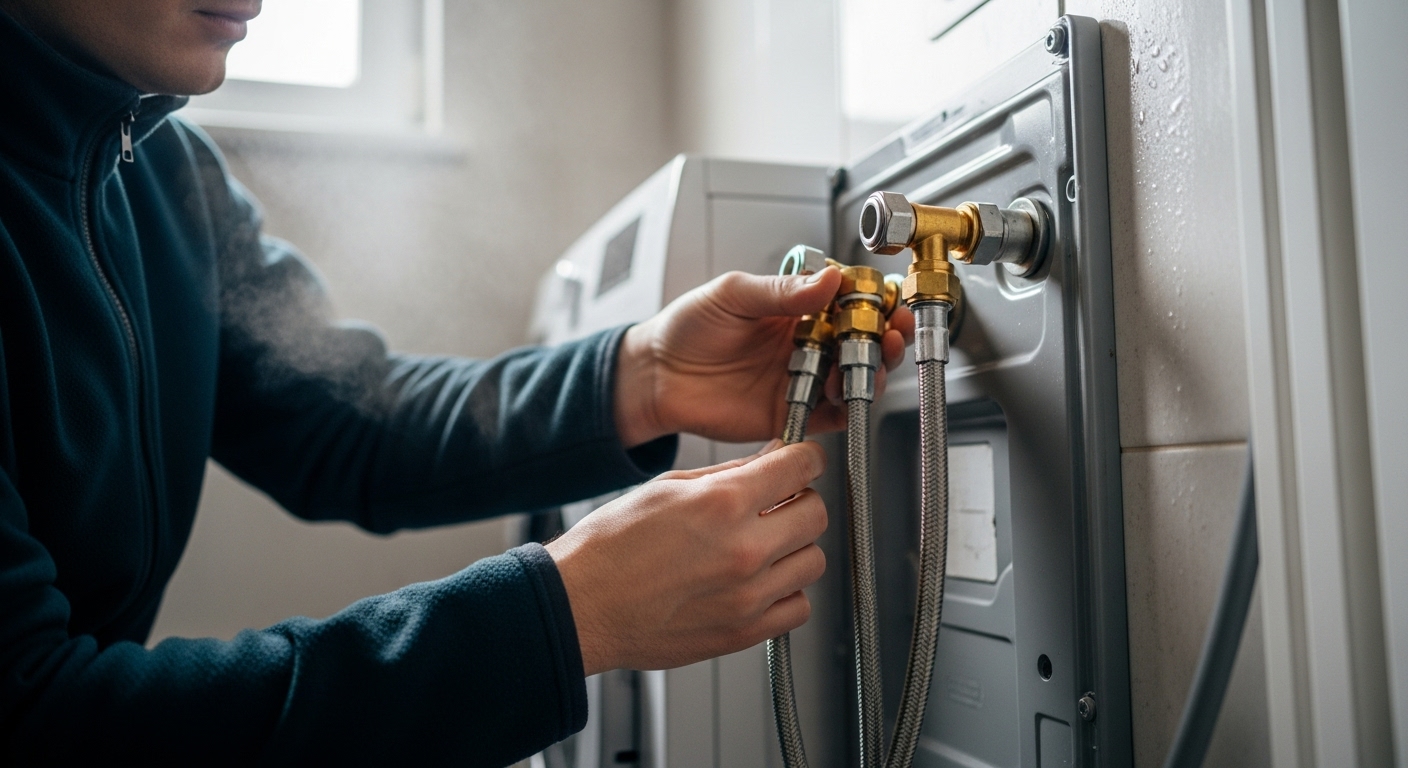Winter Appliance Care: Protecting Your Home Electronics from Cold Weather Damage in Vancouver
Feeling stressed about your favorite appliances potentially giving up during Vancouver’s unpredictable winter weather? Don’t worry – we’ve got the complete insider guide to keeping your home’s hardest-working helpers running smoothly through even the chilliest months!
Picture this: it’s December in Vancouver, that familiar drizzle has turned into an unexpected freeze, and suddenly your dishwasher decides to throw in the towel right when you’re prepping for holiday dinner. Trust me, I’ve lived through this exact nightmare, and it’s definitely not the vibe you want when you’re trying to impress the in-laws. Last winter, my neighbor’s washing machine literally froze up during one of those surprise cold snaps we get – the kind where it’s 8°C one day and -5°C the next. The repair bill? Let’s just say it wasn’t exactly pocket change.
Here’s the thing about Vancouver winters that catches so many of us off guard: they’re sneakier than a cat burglar. While our friends in Toronto are dealing with consistent deep freezes, we’re over here playing weather roulette with these crazy temperature swings that can actually be way harder on our appliances. One day you’re running the heat pump full blast, the next you’re opening windows because it’s suddenly mild and rainy. This constant back-and-forth puts serious stress on everything from your fridge’s compressor to your dryer’s heating elements.
That’s exactly why getting proactive about winter appliance maintenance isn’t just smart – it’s absolutely essential if you want to avoid those dreaded emergency repair calls when you need your appliances most. Plus, taking care of your appliances properly can actually save you hundreds of dollars in energy costs and help them last way longer than they would otherwise. It’s like giving your home’s hardest workers a little spa treatment so they can keep doing their thing all season long.
Key Outtakes:
- Vancouver’s unique freeze-thaw cycles create more appliance stress than consistent cold temperatures, making targeted protection strategies essential
- Modern appliances face increased power surge risks during winter storms and grid fluctuations, requiring whole-home surge protection beyond basic power bars
- Smart sensors and IoT monitoring systems provide proactive leak and freeze detection that manual checks can miss
- Holiday usage spikes combined with cold water temperatures create the perfect recipe for appliance burnouts during peak season
- Strategic scheduling of appliance usage and energy-efficient settings prevent circuit overloads and extend equipment lifespan

Understanding Vancouver’s Unique Winter Appliance Challenges
Let’s get real about what makes Vancouver winters such a unique challenge for our home appliances. While other cities might deal with consistent cold that appliances can actually adapt to, we’re stuck with this crazy roller coaster of temperatures that keeps our poor appliances guessing. One week it’s hovering around freezing with that classic Vancouver drizzle, the next week we’re dealing with actual snow and ice, then boom – back to 10°C and pouring rain.
This constant freeze-thaw cycle is like putting your appliances through an extreme stress test every single week. Materials expand when it’s warm, contract when it’s cold, and all that movement puts incredible strain on seals, gaskets, and internal components. Your dishwasher’s door seals get stretched and compressed repeatedly, your washing machine hoses become brittle from temperature changes, and your refrigerator’s compressor has to work overtime to maintain consistent temperatures when the ambient temperature keeps fluctuating.
But here’s what really gets tricky – Vancouver’s notorious humidity levels during winter create a whole other layer of problems that most people don’t even think about. When warm, moist air meets cold appliance surfaces, you get condensation forming in places it definitely shouldn’t be. I learned this the hard way when moisture started building up behind my microwave’s control panel, slowly corroding the electronics over several months until the whole thing just stopped working one random Tuesday morning. The repair tech told me it’s way more common in coastal cities like ours because of the constant moisture in the air.

Kitchen Appliance Protection Strategies
Moving from understanding the problem to actually solving it, your kitchen appliances need some serious TLC to handle Vancouver’s winter weirdness. These are the workhorses of your home, running constantly and dealing with everything from cold tap water to increased holiday usage, so protecting them properly is absolutely crucial for avoiding those expensive mid-winter breakdowns.
Your refrigerator and freezer face some pretty unique challenges during Vancouver winters that most people completely overlook. When the temperature outside keeps bouncing around, your fridge has to work way harder to maintain those consistent internal temperatures that keep your food fresh and safe. The compressor cycles more frequently, the door seals get stressed from temperature differentials, and all that extra humidity in the air can cause condensation issues that lead to water damage or electrical problems.
Start with those door seals – they’re basically your appliance’s first line of defense against energy waste and potential breakdowns. Vancouver’s temperature swings make rubber seals contract and expand repeatedly, which can create tiny gaps that let cold air escape. Test each seal by closing the door on a piece of paper; if you can pull it out easily, that seal needs attention or replacement. This simple five-minute check can prevent your compressor from overworking and potentially burning out during the most demanding winter months.
The condenser coils on the back or bottom of your fridge need extra love during winter because your heating system is running more, circulating dust and pet hair that settles on everything. When these coils get clogged up, your refrigerator has to work exponentially harder to do its job, leading to higher energy bills and increased wear on expensive components. Vacuum these coils every couple of months during winter using a brush attachment, and while you’re back there, check for any signs of moisture buildup that could indicate humidity problems.

Temperature settings become absolutely critical when your appliances are already working harder than usual. Don’t mess with the tried-and-true settings: keep your fridge between 2-3°C and your freezer at -18°C. These temperatures ensure food safety while not overworking your appliance during Vancouver’s challenging winter season. If you notice your refrigerator running constantly or struggling to maintain proper temperatures, it’s definitely time to call in a professional before a minor issue becomes a major headache.
Your dishwasher faces its own set of winter challenges that can totally throw off its performance. Cold tap water is probably the biggest issue – when water enters your dishwasher at temperatures way below the optimal 49°C, those internal heating elements have to work overtime to bring it up to proper cleaning temperature. This puts massive strain on expensive components and can significantly extend wash cycles, making your dishwasher less efficient and more prone to breakdowns.
Laundry Room Winterization Essentials
Building on kitchen protection, your laundry room equipment faces some of the toughest winter challenges in your entire house, yet it’s often the area that gets the least attention during seasonal prep. Between handling those heavy winter loads and dealing with moisture issues from Vancouver’s humid climate, your washer and dryer are working overtime just when they’re most vulnerable to weather-related problems.
Your washing machine deals with a perfect storm of winter challenges. Not only is the incoming water significantly colder – making it harder for detergents to activate properly and clothes to get truly clean – but you’re also asking it to handle much heavier loads with winter coats, thick sweaters, and blankets that retain way more water and put additional strain on the motor and suspension system. Cold water creates problems with soap effectiveness, meaning you might find yourself rewashing items and putting even more stress on your machine.
Water line connections deserve serious attention, especially if your washer lives in a basement, garage, or utility room that doesn’t get consistent heating. Even Vancouver’s relatively mild winter temperatures can cause major problems if these connections are exposed to drafts or significant temperature fluctuations. Check all supply lines for signs of wear, replace anything that looks cracked or corroded, and make sure shutoff valves are working properly. If your laundry room gets particularly cold, consider leaving cabinet doors open to allow warm air to circulate around water connections.

Your dryer faces unique moisture management challenges during Vancouver winters. The combination of heavily saturated winter clothes and our region’s naturally humid air means your dryer is working much harder to remove moisture, while cold outside temperatures can seriously affect the efficiency of your exterior vent. When there’s a big temperature difference between inside and outside air, condensation can form in your dryer vent, reducing airflow and potentially causing moisture to back up into your home.
Vent maintenance becomes absolutely critical during winter months – clean that lint screen after every single load, and have your exterior vent inspected and cleaned at least once during the season. Look for warning signs


Recent Comments